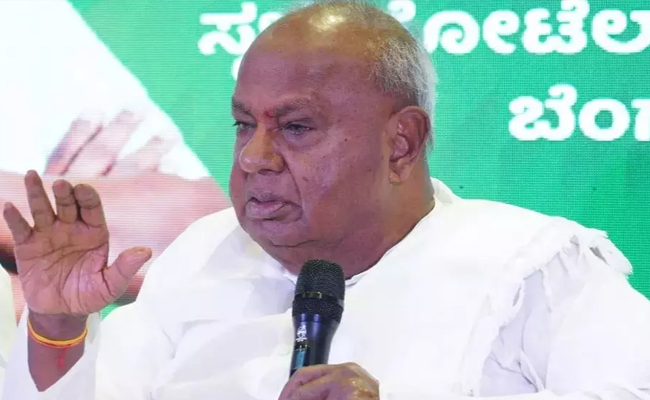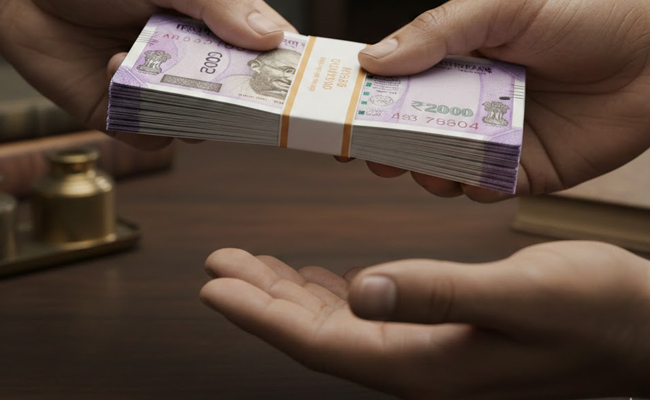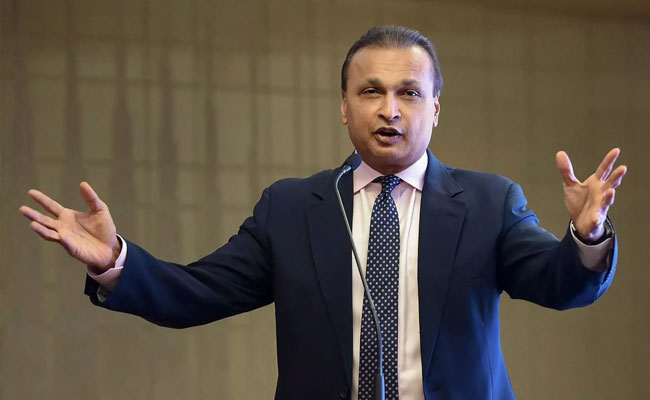Pacer Shaheen Shah Afridi and Shan Masood on Wednesday were appointed as new captains of Pakistan Cricket Team following resignation of skipper Babar Azam.
Babar Azam on Wednesday quit as Pakistan captain across formats, four days after his team's elimination from the World Cup, where the former champions finished fifth.
Pakistan lost five of their nine games, including a shock defeat against Afghanistan, bringing Babar's leadership under scanner.
Experts and critics had called for a change of guard and Babar was summoned for a post-mortem of team's performance by PCB's management committee head Zaka Ashraf.
In a tweet from its official handle, PCB added that Shaheen Afridi will lead the T20I side of the country while Masood will lead the Test side. The PCB has not immediate announced new captain for the ODI side.
Presenting our captains 🇵🇰@shani_official has been appointed Test captain while @iShaheenAfridi will lead the T20I side. pic.twitter.com/wPSebUB60m
— Pakistan Cricket (@TheRealPCB) November 15, 2023
Let the Truth be known. If you read VB and like VB, please be a VB Supporter and Help us deliver the Truth to one and all.
Bengaluru: JD(S) supremo and former Prime Minister H.D. Deve Gowda has indicated that the party is open to an understanding with the NDA in the upcoming local body, taluk and zilla panchayat elections.
Speaking to reporters at J.P. Bhavan on Wednesday, he said the JD(S) is a regional party, while the BJP is a national party. “We have to wait and see what decision they take regarding a pre-poll alliance. As far as local body elections are concerned, we will discuss the matter together before taking a decision,” he said.
Responding to Chief Minister Siddaramaiah’s allegation that the JD(S) does not give positions to anyone outside the family, Deve Gowda said the charge has no substance. “My memory is still strong. I will respond to everything at the appropriate time,” he remarked.
He also said that a JD(S) convention will be held in Vijayapura on February 27 and that he has been invited to participate in the event.





